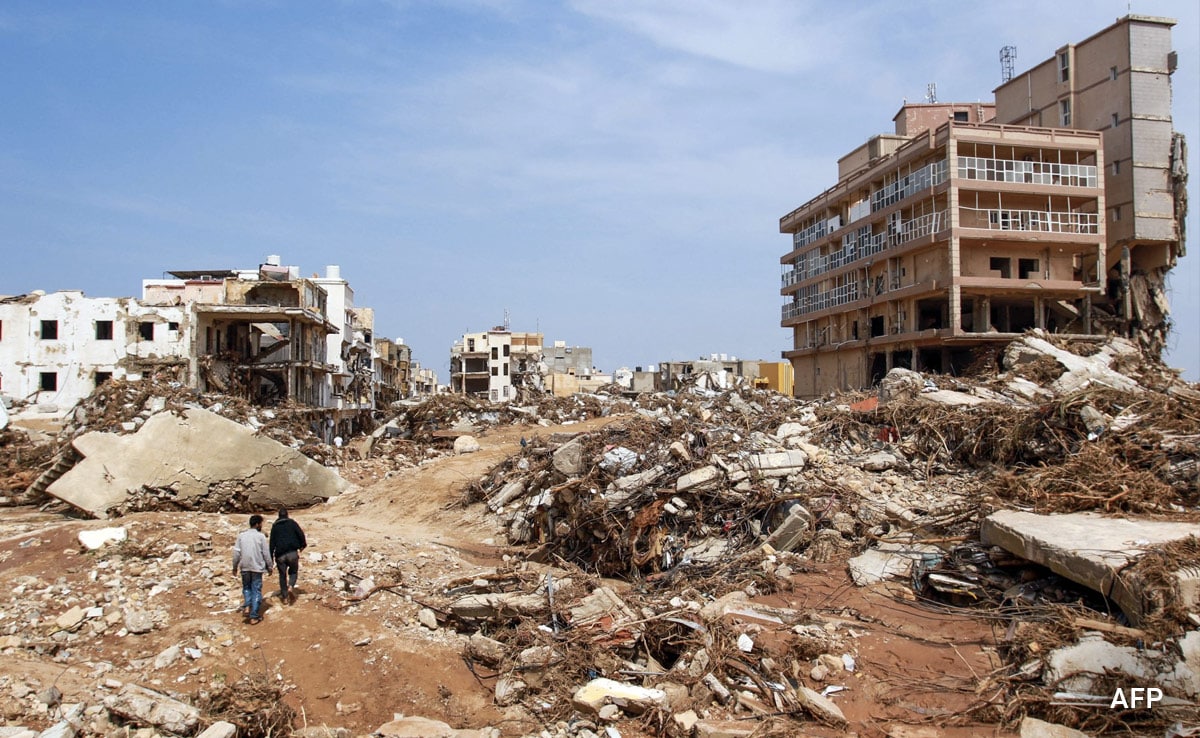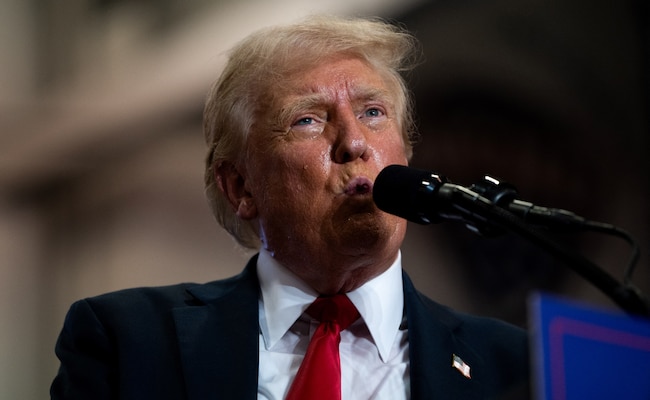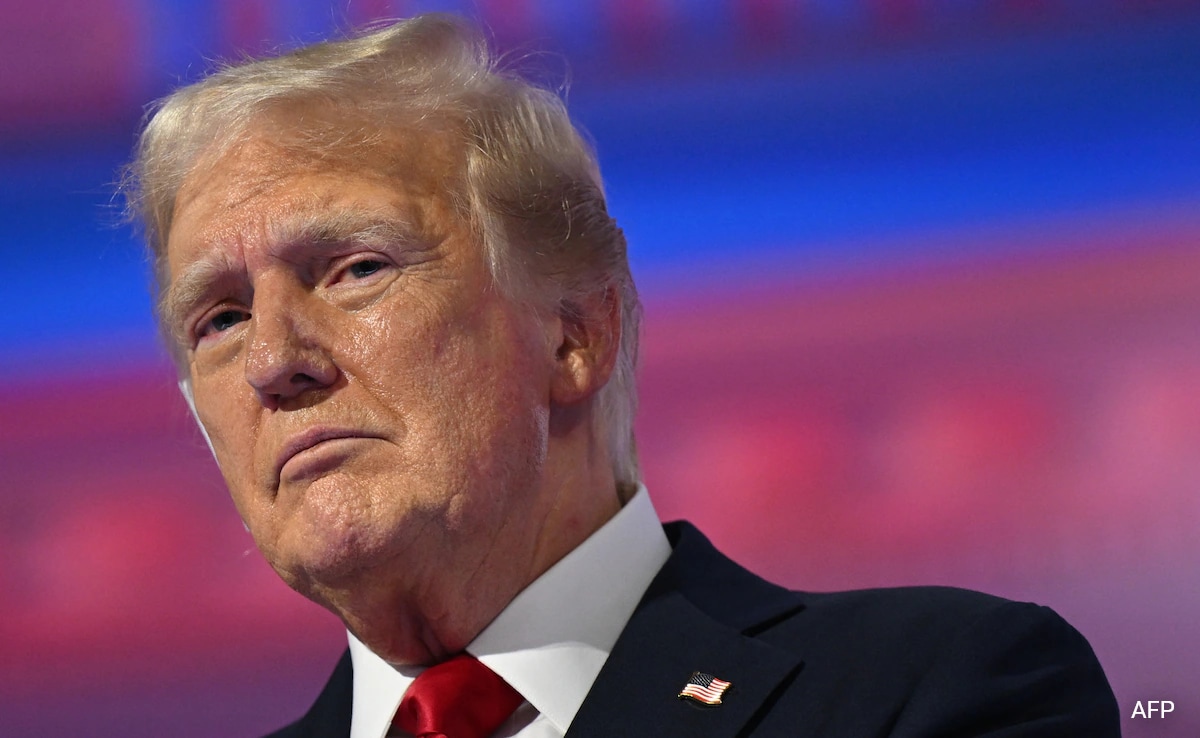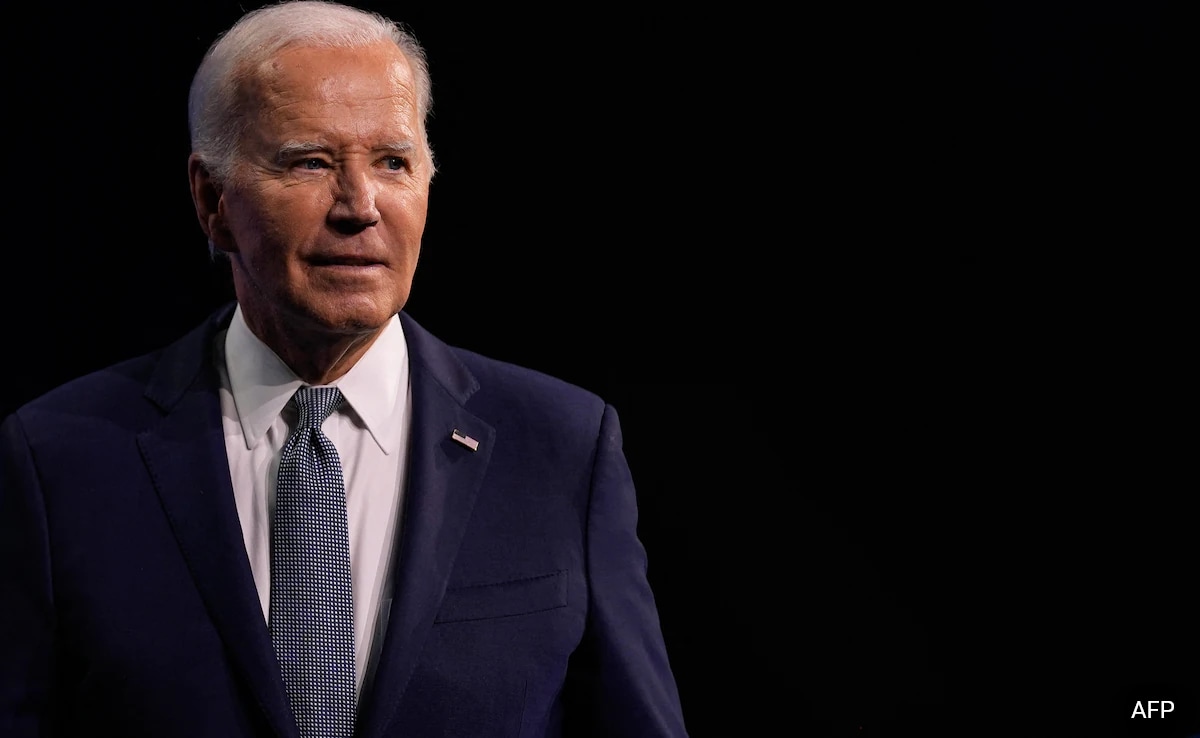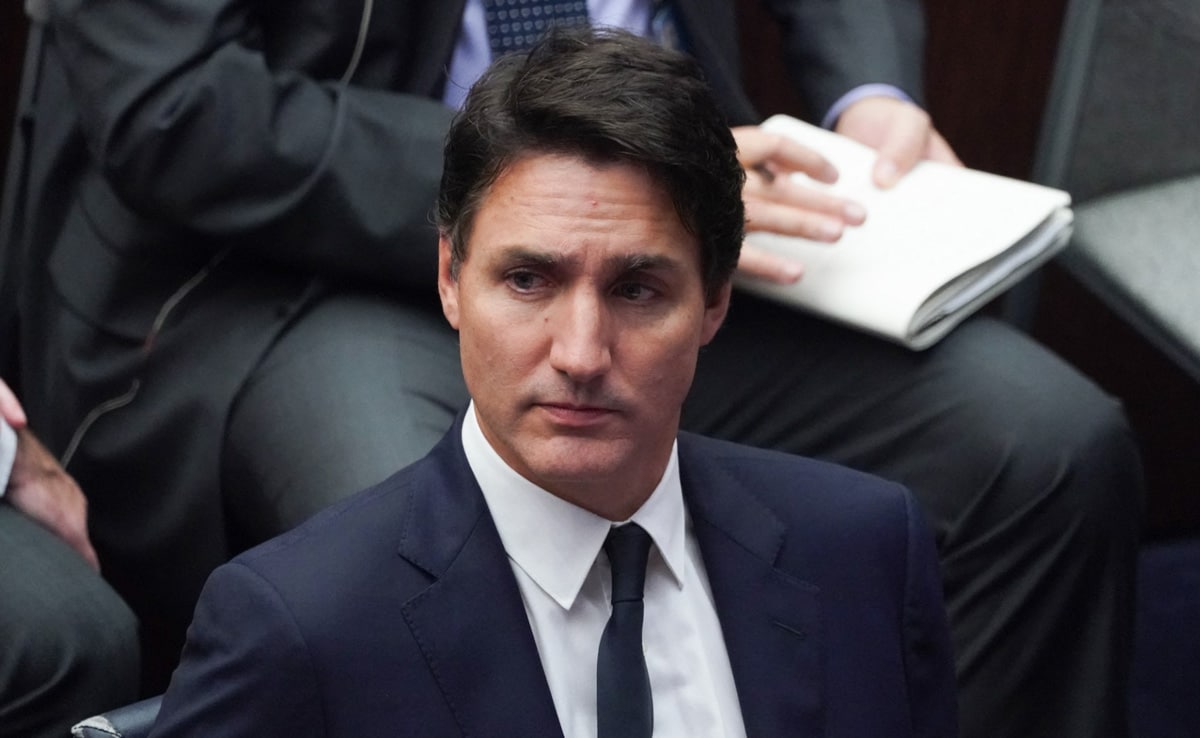Chinese President Xi Jinping and Vietnam President To Lam meet at the Great Hall of the People on August 19, 2024 in Beijing, China on Mr. Lam’s three-day visit to China, his first overseas.
| Photo Credit: Getty Images
China’s President Xi Jinping held talks on Monday (August 19, 2024) with Vietnam’s new leader To Lam in Beijing on his first state visit since he took office, Chinese official media Xinhua said.
The meeting signals the close ties between the two communist-run neighbours, which have well-developed economic and trade relations despite the occasional boundary clashes in the energy-rich South China Sea.
China, displaying exuberance over Mr. Lam’s choosing China for his first official trip, said last week it “fully reflects the great importance he attaches to the development of ties between both parties and countries”.
Mr. Lam arrived in China’s southern province of Guangzhou on Sunday (August 18, 2024) for a three-day visit that would include meetings with Chinese Premier Li Qiang and other Chinese top officials.
While in Guangzhou, he visited some Chinese locations where former President Ho Chi Minh conducted revolutionary activities.
Last December, China and Vietnam signed more than a dozen agreements when Mr. Xi visited Vietnam.
The agreements, specifics of which were not announced, covered strengthening railway cooperation and development, investments in various fields and establishing communication to handle unexpected incidents in the South China Sea.

In a lengthy joint declaration, both countries said they would work on cross-border railway connectivity, naming three rail projects that included one connecting through mountainous Lao Cai in Vietnam’s northwest to the port city Haiphong and a potential one linking two coastal cities to Haiphong.
The statement mentioned continued support for both countries’ railway companies to further cooperate to improve the efficiency of Vietnamese goods transiting through China.
It also mentioned working on other projects under China’s flagship infrastructure programme, the Belt and Road Initiative. It emphasised investment cooperation in agriculture, infrastructure, energy, digital economy, green development and other fields.
China and Vietnam forged diplomatic ties in 1950. They established a comprehensive strategic partnership of cooperation in 2008 that was jointly fortified five years later to extend to more shared international and regional issues of concern.










